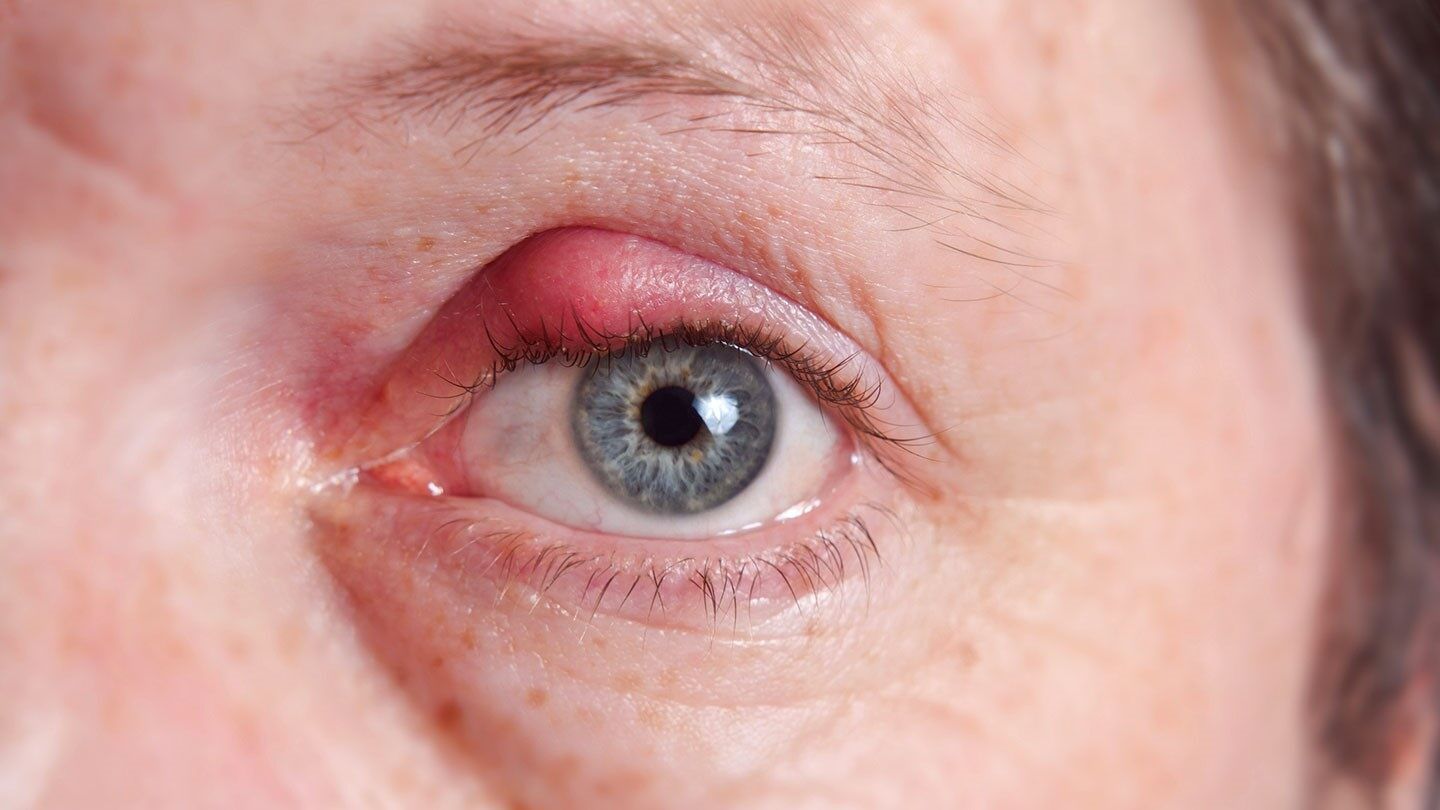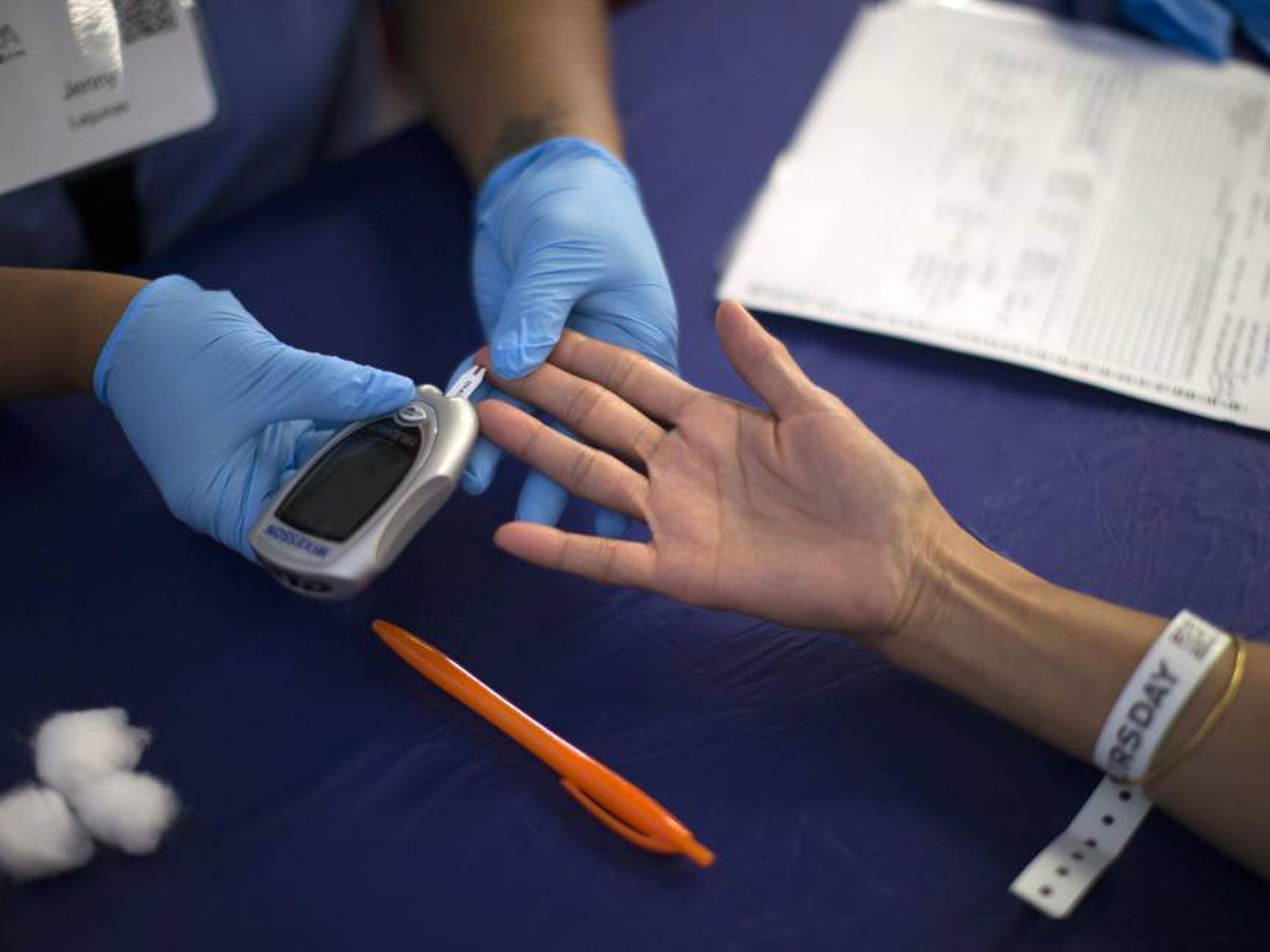Eshealthtips.com – Diabetic skin problems are a common occurrence for people with diabetes. Depending on the weather and climate, up to 44% of people with diabetes have dry skin. Here are a few simple tips for preventing diabetic skin problems. – Keep problem areas dry. Try to avoid extremely hot baths and showers. – Use a body cleanser instead of soap. Dry skin is more susceptible to allergies.
Infection Diabetics Are More Susceptible to Infection
Infections People with diabetes are more prone to infections, especially bacterial ones. Bacterial skin infections include eyelid sties, boils, nail infections, and carbuncles. These infections will often be painful, red, and swollen. Fortunately, bacterial skin infections are treatable with antibiotics. – Don’t neglect your skin. Don’t wait until it gets too dry and worsen.
Blisters Blisters can form on any part of the body, including the hands and feet. Diabetics are prone to blisters on their feet, forearms, and legs. Unlike burns, however, these blisters are painless. You can apply a topical antibiotic cream to help heal the affected area. Despite the possibility of complications, diabetic blisters typically heal on their own with proper blood glucose control.

Impaired wound healing Because of the decreased blood circulation, damaged skin cells are less able to heal properly. They also inhibit sweating, increase sensitivity to pressure, and are more vulnerable to cuts and wounds. Bacterial infections are common, with Staphylococcus the most common culprit. Most bacterial infections will require antibiotic treatment. You should also consult a doctor if you have any of these symptoms.
How to Protect Feet for Diabetics
Avoid trauma Whenever a diabetic cuts their skin, it should be cleaned with soap and apply ointment. Regularly check the soles of their feet for sores and infections. Diabetics should also wear special socks and shoes to protect their feet from injury and infection. If your skin condition becomes more severe, you should see a dermatologist immediately for further diagnosis and treatment. You can also try a topical antibiotic cream prescribed by your doctor.
Dark velvety patches on your skin may be a sign of diabetes. These patches are also a sign that there is too much insulin in the blood. Your doctor may prescribe drugs that lower blood glucose levels. Ultimately, you should visit your doctor for a diagnosis. Even minor skin problems can become more severe when you have diabetes. If you notice any of these symptoms, don’t wait to contact a dermatologist right away.

Poor circulation Diabetic skin can also develop from poor circulation. It can result in damage to blood vessels and nerves and decrease skin collagen. Eventually, poor circulation results in diabetic ulcers. Diabetic skin infections also increase the risk of a fungal infection. Candida albicans is the most common fungus responsible for the infection. Make sure to keep the area clean and dry. You may need to apply an antifungal ointment if you notice any signs.
Ways to Prevent Diabetic Skin Problems
One way to prevent diabetic skin problems is to maintain good blood glucose control. By following your doctor’s advice, you can reduce your risk of developing skin complications. Managing your blood glucose levels regularly and staying hydrated, you can prevent diabetes-related skin problems. It is also important to follow your doctor’s recommendations for the appropriate amount of moisture for your skin. And always remember to love your skin – it’s a very important factor to avoid diabetic skin problems.
Avoid using skin products containing fragrance and dyes. These products can cause dryness and itchiness. To prevent these problems, use a mild soap or lotion on the affected areas. You should also avoid applying lotion between your toes to prevent sunburns on your discolored skin. If you’re exposed to sunlight frequently, remember to apply a sunscreen. This will help prevent the occurrence of sunburns and a yeast infection.

Be aware of other diabetic symptoms. Some of the earliest symptoms of diabetic neuropathy will show up in the limbs. These areas are more likely to experience weakness and loss of sensation, and should be monitored closely. Diabetic neuropathy can even lead to amputation if left untreated. Proper hygiene and regular foot exams will help prevent this from occurring. This can help you avoid the worst diabetic skin problems. If you wish to send your article to eshealthtips, you can check out this page!